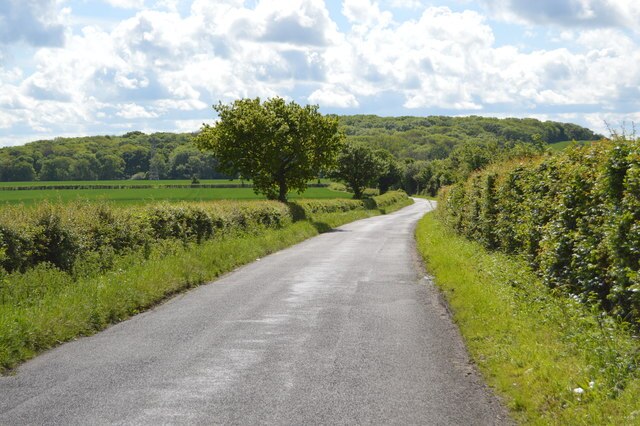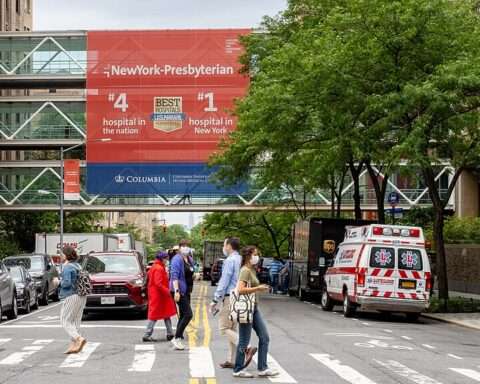Interested communities may have more time to submit their applications for the Rural and Tribal Assistance (RTA) Pilot Program.
Due to technical issues, the application portal, which was available from March 18 to March 21, 2025, has been closed, and no grants will be awarded from applications submitted during this period. The Build America Bureau is working to resolve these issues and will announce a new application date as soon as possible. All interested communities, including those that previously applied, must submit a new application once the portal reopens.
The RTA Pilot Program was created under Section 21205 of Division B of the Infrastructure Investment and Jobs Act (IIJA) and is administered by the Build America Bureau. With an estimated $27 million in funding available, the program is designed to help rural and tribal communities advance infrastructure projects that enhance safety, efficiency and the quality of the nation’s transportation system.
The initiative is one of multiple new programs to be administered by the bureau that will bring technical assistance to support communities without the resources to explore innovative financing and project delivery methods for their projects.
A total of 50 awards will be given on a first-come, first-served basis and are reviewed in the order of which they are received. The RTA program will give two types of grants. In the first category for single projects, $10 million is available to award. Each grant given will be between a set minimum and maximum value of $200,000 to $750,000.
The second category of grant is for multi-community projects. There are, at minimum, three separate communities submitted under a single application. A total of $17 million is available to earn in this category with a minimum award amount of $500,000 and a maximum of $2.25 million per application. $10 million of program funding has been set aside for tribal governments, and there are no cost sharing or matching requirements to apply.
The RTA Program was intended to increase the organizational capacity for projects in the planning and design phase of developing transportation projects in rural or tribal communities. The awarded grants will support hiring staff or expert firms to provide legal, technical, or financial assistance or advice to advance the transportation projects. Once awarded, the grant funding can be put towards several development-phase activities including:
- Feasibility studies
- Project planning
- Revenue forecasting, funding and financing option analyses
- Preliminary engineering and design work
- Environmental review
- Economic assessments and cost-benefit analyses
- Public benefit studies
- Statutory and regulatory framework analyses
- Value-for-money (VFM) studies
- Evaluations of costs to sustain the project
- Evaluation opportunities for private financing and project building
Applicants must have an eligible project to qualify for a grant. Eligibility requirements include the project being outside of a Census Bureau 2020 designated urban area and having a population of 150,000 residents or fewer. More details on rural eligibility can be found here. The projects are also reasonably expected to be eligible for select Department of Transportation (DOT) discretionary grant or credit programs. Any of the following groups that fall within the requirements are encouraged to apply:
- County governments
- Special district governments
- City or township governments
- Native American tribal governments (federally recognized)
- State governments
- Department of Hawaiian Home Lands
- School districts
- Any other agency or instrumentality of a multi-, regional or intra-state or local government
While the application portal remains closed, communities interested in applying should continue to prepare their applications and monitor official sources for updates. Once the portal reopens, all applicants—including those who previously submitted applications—must reapply.
Further details of eligible applicants, project types, activities, funding, and steps to apply can be found in the program’s Notice of Funding Opportunity (NOFO).
Photo Courtesy
N Chadwick via Wikimedia Commons
Creative Commons Attribution-Share Alike 2.0













